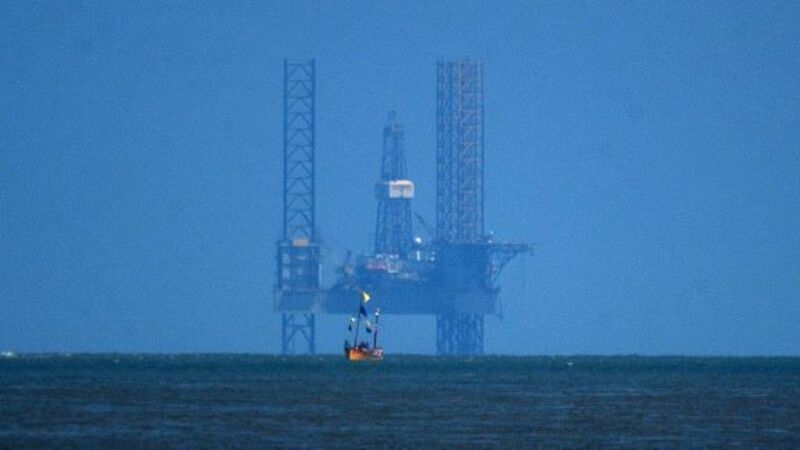Opec move sees oil price rise above $100

The price of Brent crude climbed back above US$100 a barrel today after traders reacted to Opec's decision to cut excess supply.
The cartel, which concluded a meeting in Vienna early today, said it would produce 28.8 million barrels a day, consistent with levels agreed in September last year.
















